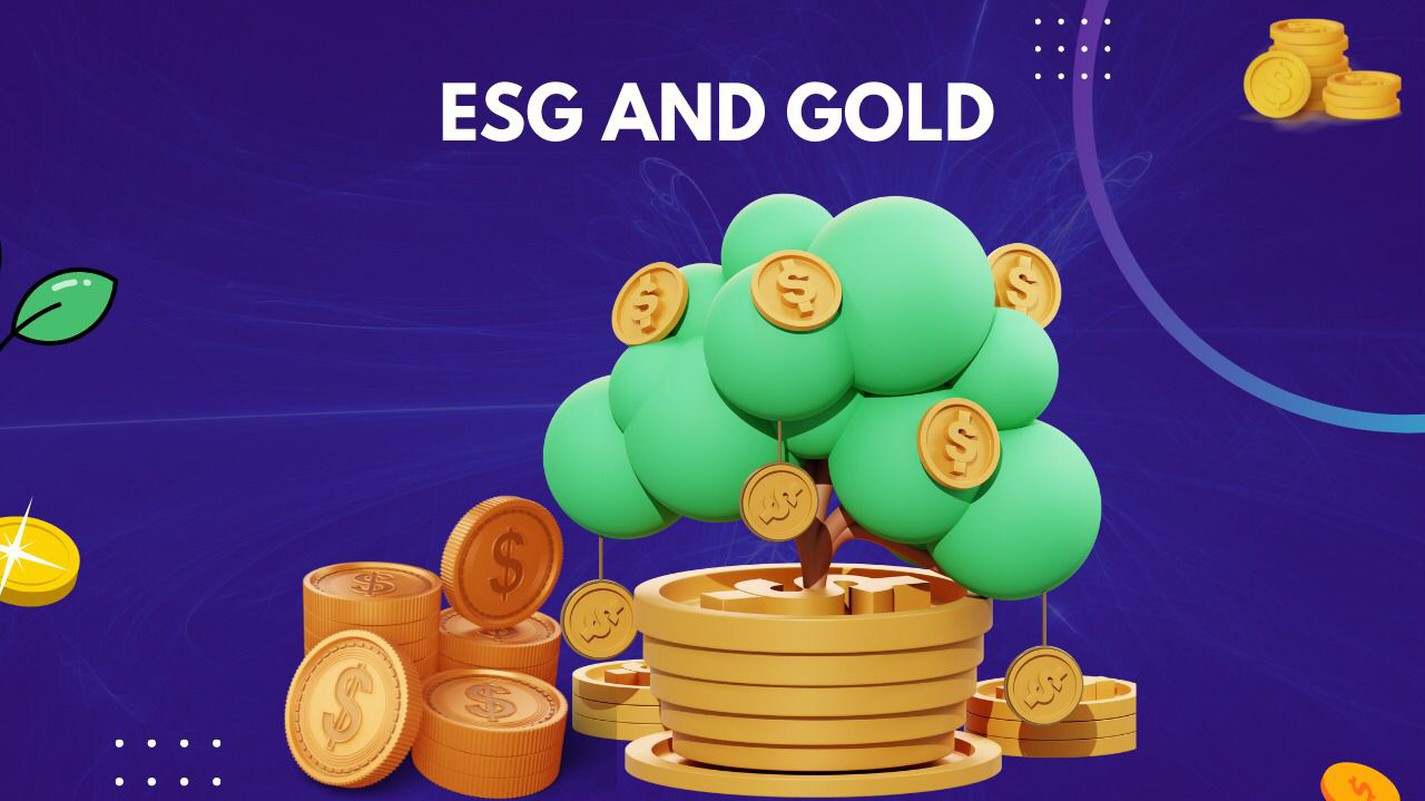
(Please note that this article is not professional investment advice. It is an attempt to educate the investor on recent and relevant developments in the financial world. If the investor chooses to make an investment decision after reading this article, he does so based on his own judgement.)
During and after the pandemic, the investing landscape finds itself dominated by words like ESG, sustainable and green projects. It’s important for an investor to know these terms, since it seems as if a huge part of the returns for the future will be dominated by sustainable projects.
What is ESG?
To put it simply, ESG stands for Environmental, Social and Governance. A company that has a high ESG score is one that provides solutions or measures for issues in all three aspects of a company’s affairs.
Investing in ESG based stocks and assets is not just a morally conscious decision. It’s performed better on average than conventional stocks too.
According to McKinsey, investment managers will pay a 10% premium for a company if it has a positive ESG track record. In some cases, the premium can go up-to 40%.
On the public side of finance, Investments with a strong ESG track record are backed by legislation. As part of regulation, EU taxonomy now requires investment firms to disclose their ESG score, at least by the end of 2021; Companies that fall in line will be able to attract fresh capital.
How do we know this?
As you are aware, the world has been facing a climate crisis. The further the average temperature of the globe rises, the worse weather conditions get. This could adversely affect our climate and therefore our economies.
Based on this awareness, there has been a rising need expressed over the last fifty years to mitigate all climate risks and to transition to a more green economy; hence the need for an ESG framework.
How does the world tackle environmental issues with finance?
While there are efforts on many fronts, the EU government has chosen to take the first step. They’ve started classifying the economic activities in our world today, using benchmarks to separate them into sustainable activities and harmful ones. Some economic activities then get classified as sustainable investments, which in may be preferred by environmentally conscious investors
This effort is called the EU taxonomy. While countries around the world are still trying to define what makes a sustainable investment, the EU has taken a first step; something any country can still use as a benchmark for an ESG strategy if they want to attract investors who are concerned with environmental issues.
Australia too has a deep interest in this and right now, a large part of the country’s superannuation funds used to fund pensions are being devoted to green projects. This is due to the superior performance of ESG investments outperforming conventional ones.
According to a report by RIAA (Responsible Investment Association Australasia), responsible (or sustainable) superannuation funds outperform regular ones on 1 year (+0.87%), 3 year (+0.74%) and 5 year (+0.56%) time frames.
Greenwashing means due diligence is required
These efforts are great for the environment, but the investor should still be wary of the concept of greenwashing, where a firm will use terms like sustainable and ESG but really sell conventional financial products that don’t take ESG standards into account.
Data on private markets when it comes to sustainable investing comes woefully low (according to the LTCMA 2022 report from JP Morgan). Institutional investors who want to make a change will have to do their own due diligence and investigation when finding out which of the investments are sustainable.
And while returns for ESG investments are high now, they may not always be. It’s hard to say if this boom for ESG products is here to stay.
Marketing ploy or not, the word ESG does mean something in today’s world. At-least in the governmental sector.
When it comes to sustainable investing, many sectors could benefit from looking at their business operations from an ESG perspective.
Gold can be considered an ESG investment – here’s why
In the world of global finance, gold has had a deep history. Let’s try to look at gold through an ESG perspective to see if it is a sustainable investment.
When you look at the process of mining, there are two main issues that generate negative effects on the environment. Poisonous chemicals and a lack of proper environmental rehabilitation.
In the conventional process of mining gold, you need cyanide or mercury to remove the gold from its ore. Both of these chemicals in large amounts are dangerous and can harm the environment if left unattended.
Most of these impurities come from small-scale, artisanal mining, where the companies don’t have money to invest in sophisticated machinery.
Then there’s rehabilitation. Gold mines are often found in nature. This means the company has to make space in places where there are trees, soil, rivers, lakes etc. This leads to mass deforestation, soil erosion and contaminated water bodies.
When you want to buy gold or invest in gold ETFs, try to find out if your company of choice has an internal directive for mitigating these negative effects.
To help you narrow your search down, we’ve listed some companies that have sustainable practices in place.
- Anglo American
- AngloGold Ashanti
- Barrick Gold Corp
- Gold Fields
- Newmont
To conclude, here’s our two cents on ESG and Gold
ESG and gold are very similar, but in their timing of peaks and lows, they differ. ESG investments plummet with the stock market but are more resistant than conventional indices and provide higher returns overall. Gold behaves differently, rising with a market crash and dipping again when there’s a boom.
In all market scenarios, it helps to have gold and ESG backed investments in your portfolio.
Utopian gold is 999.9 parts per thousand pure
When it comes to gold, we sell the real thing. Our gold is sourced from Argor-Heraeus, a refinery based in Switzerland, and it falls in line with LBMA regulations and strict environmental policies.
What does that mean?
LBMA standards require gold to have 995.0 parts per thousand purity if companies want their stamp of approval.
We’ve gone above and beyond with 999.9 parts per thousand purity!
What are you waiting for? Visit our webpage at Utopian Global to invest!
Disclaimer: None of the information contained here constitutes an financial advice, offer (or solicitation of an offer) to buy or sell any product or to make any investment, or to participate in any particular strategy.
Utopian Global does not take into account your personal investment objectives, specific investment goals, specific needs or financial situation and makes no representation and assumes no liability to the accuracy or completeness of the information provided here. The information and publications are not intended to be and do not constitute financial advice, investment advice, trading advice or any other advice or recommendation of any sort offered or endorsed by Utopian Global.



